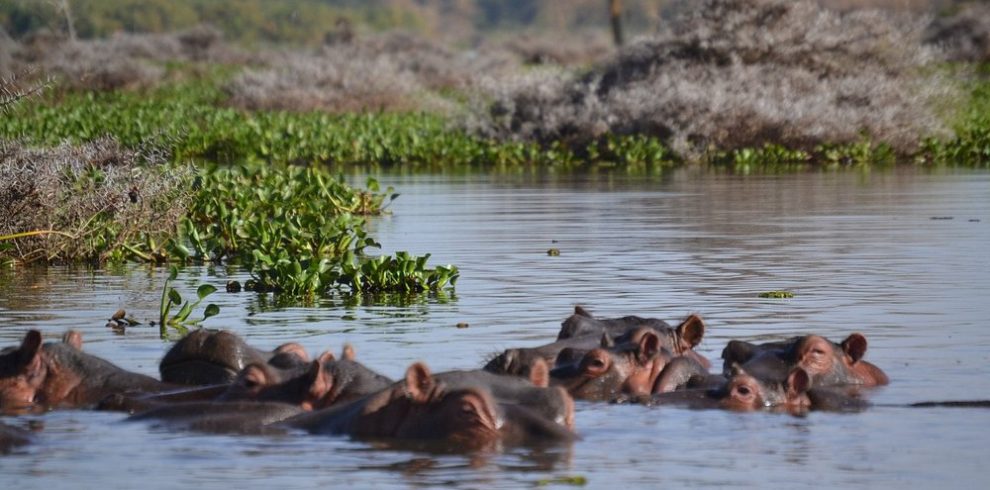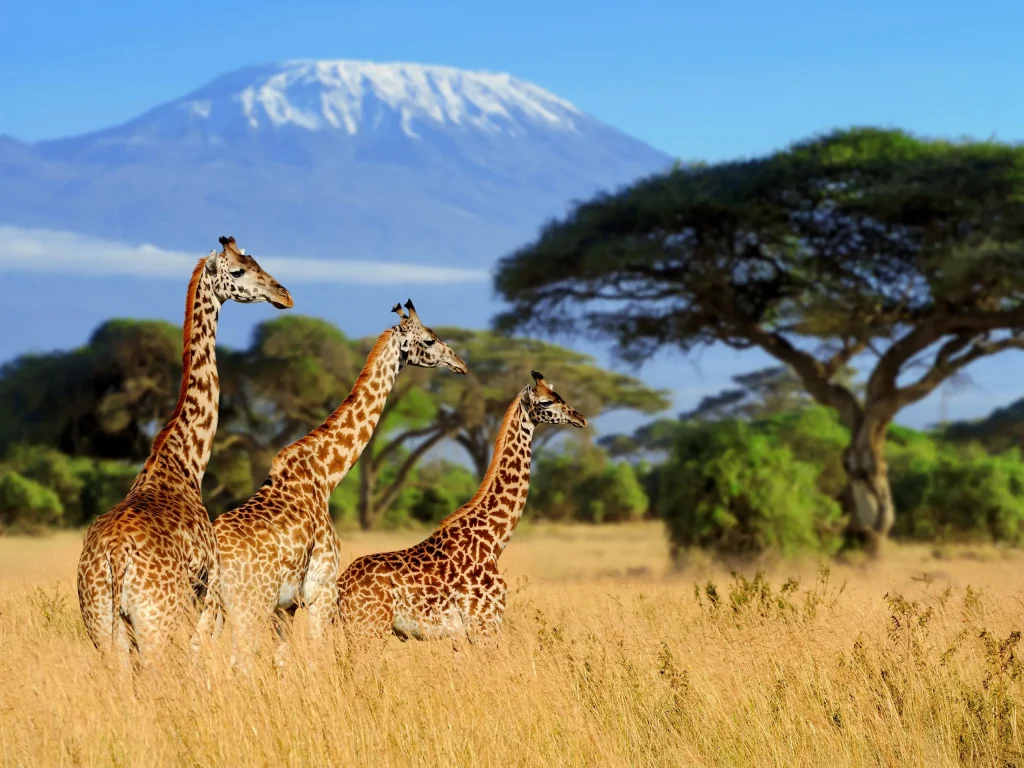
A safari is an incredible experience. It is the lure of riding across boundless savannahs, viewing the grandeur of wildlife in their natural environment, and experiencing the beauty of African terrain that makes it the adventure of a lifetime. No matter whether you are going to the Serengeti, Kruger National Park, Maasai Mara or any other classic safari destination, some of the key elements of a successful safari will definitely find their way into your bag.
Packing on a safari can be a bit of a hassle when you do not know what to carry. It would be wise to achieve a good compromise between functionality, comfort, and protection against weather. There are several things you will require to keep you comfortable in game drives and hikes, and at the camps and lodges.
This guide will take you through a list of 10 things you absolutely should not forget on your safari. With personal items and clothing essentials, you will be in a better position to enjoy your time in the wild. Continue reading to make sure you are ready to experience an unforgettable safari.
1. Comfortable and Practical Clothing

Clothing that is comfortable and functional is the first thing you need to pack to go on your safari because you will be in a rugged environment where temperatures change during the day.
What to Carry:
•Lightweight, neutral-colored clothing: Neutral tones like khaki, olive, and beige help you blend in with your surroundings and avoid attracting insects. Avoid vibrant colors, especially reds, yellows, and blacks as they can draw animals or insects.
•Long-sleeve shirts and pants: These provide protection from the sun, as well as from insect bites and thorny plants. Wear breathable materials such as cotton or linen to stay cool.
•Light jacket or fleece: Even in hot climates, mornings and evenings can be chilly, so bring a lightweight jacket or fleece for the cooler times of day.
•Safari hat or cap: Protect your face and neck from the sun with a wide-brimmed hat. A cap with a neck cover will be particularly useful when you are afraid of burning and getting a stroke due to high temperatures.
• Comfortable shoes: Since safaris often involve a mix of activities, including walking, game drives, and nature hikes, you’ll need sturdy, comfortable shoes. Good hiking boots or walking shoes with good support and a breathable material are recommended. Ensure they have been sufficiently worn in to prevent blisters.
•Swimwear: If your safari includes staying at a lodge or camp with a pool or if you plan to visit a beach destination like the St. Lucia Wetlands, remember to pack swimwear.
2. Sunscreen and Lip Balm

One of the most significant things to pack during your safari would be sunscreen since you will be exposed to the sun over long periods during game drives. The UV rays are particularly potent in the African continent, and it is essential to avoid sunburns by protecting oneself against them.
Packing suggestions:
•High SPF sunscreen: Look for a broad-spectrum sunscreen with an SPF of 30 or higher. Remember to be liberal with application and reapply regularly, every few hours and definitely after sweating or swimming.
•Lip balm with SPF: Don’t forget to protect your lips from the harsh sun. A lip balm with SPF will prevent chapped lips and sunburn, which is common when you’re out in the sun all day.
3. Binoculars and Camera Equipment
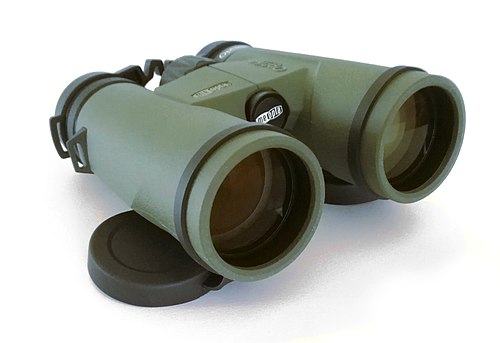
One of the most thrilling aspects of a safari is encountering wildlife in the wild. Having binoculars and a good camera will ensure that you capture the beauty of the animals and landscapes.
What to carry:
•Binoculars: A pair of lightweight binoculars is essential for spotting animals from a distance, especially in large open areas like savannas. Ensure that they are small and easy to carry around; they should also have a decent zoom level (8x or 10x).
•Camera with extra batteries and memory cards: Safaris offer countless photo opportunities, so pack a camera with a good zoom lens to capture wildlife shots. Carry spare batteries (safaris are power guzzlers) and memory cards to save your pictures.
•Action camera or GoPro: If you plan on capturing video footage during your safari, an action camera like a GoPro can be great for recording wildlife interactions, game drives, or even underwater footage if you visit places with water-based activities.
• Waterproof camera case: Given the dusty or rainy conditions that can occur during a safari, it’s a good idea to bring a waterproof camera case to protect your gear.
4. Insect Repellent
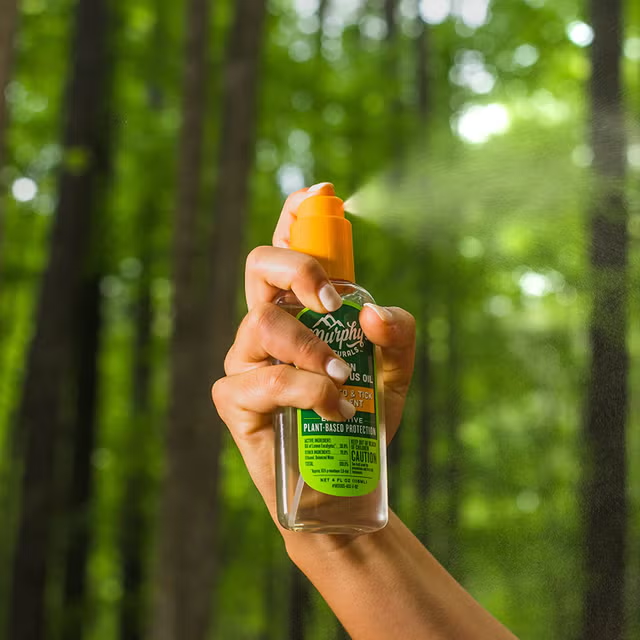
One of the less glamorous aspects of a safari is insect bites but they come with the territory. Mosquitoes and other insects are prevalent, but especially in the early evenings and mornings when animals are most active. To avoid irritation and potential diseases like malaria, an insect repellent is essential.
What to bring:
• Insect repellent with DEET: Opt for a repellent containing at least 30% DEET for effective protection against mosquitoes and other biting insects. Apply consistently, particularly at night when mosquitoes are most active.
•Insect-repellent clothing: For added protection, you can purchase clothing treated with insect-repellent chemicals like permethrin. These garments offer protection against mosquito bites in the wilderness.
5. First Aid Kit
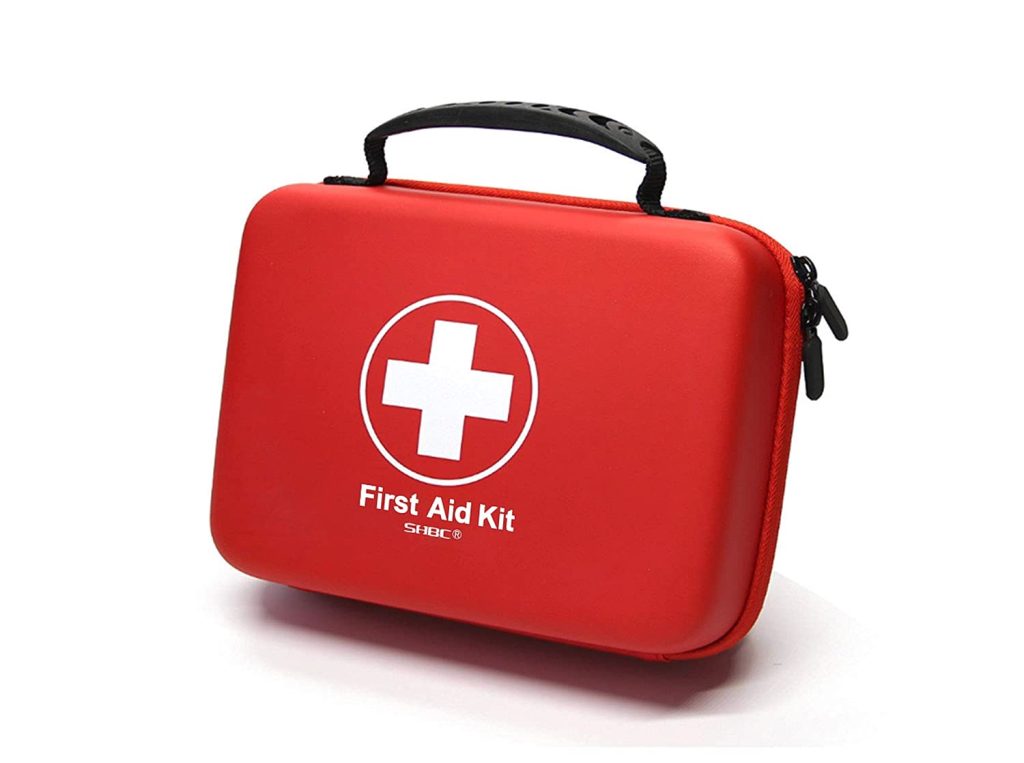
A first aid kit is a must-have for any outdoor adventure, and a safari is no exception. Medical facilities may be in close towns within the safari areas, but it is always prudent to be prepared with minor injuries or diseases during travelling.
What to bring:
First aid kit: Cycle in band-aids, antiseptic cream, gauze, medical tape, and tweezers to deal with minor cuts, scrapes, or insect bites.
Analgesics: Carry along over-the-counter pain relievers such as ibuprofen or acetaminophen in case of pain or headache.
Anti-diarrhea medication: The thrill of the safari can sometimes lead to an upset stomach. It is advisable to carry anti-diarrhea pills or digestive supplements.
Malaria drugs: When visiting a place where malaria is a concern, you should talk to your doctor before traveling about the need to take an antimalarial drug.
6. Reusable Water Bottle
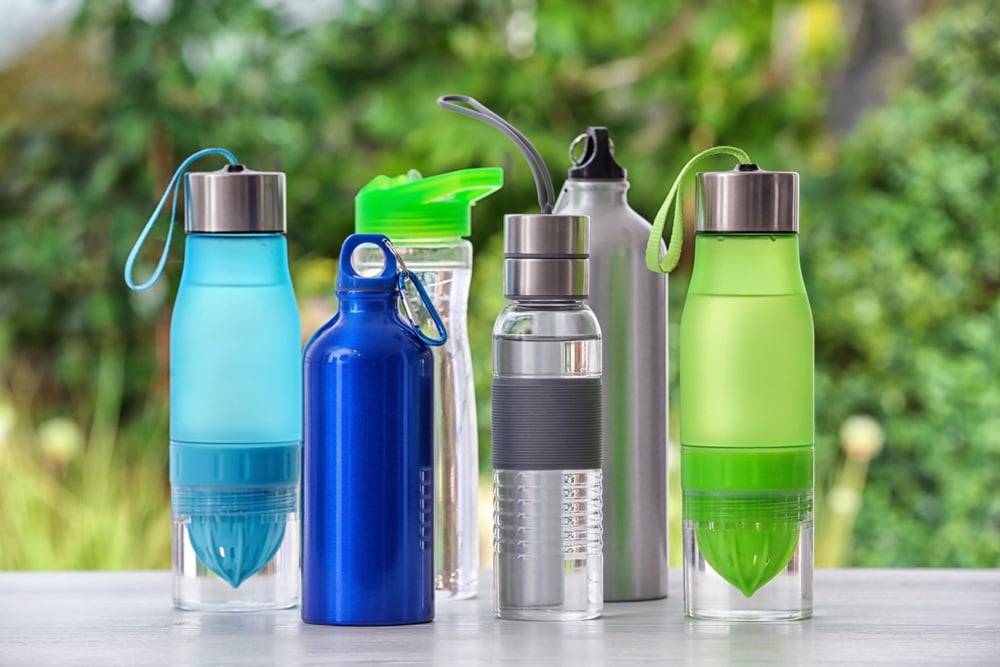
It is important to stay hydrated throughout the safari due to the heat and activity of game driving during the safari. A reusable water bottle is not only environmentally friendly but also ensures that you have water available at all times.
What to take:
Robust water bottle: Pack a sturdy water bottle that is BPA-free and capable of storing gallons of water during a long drive or hike. In hot climates, stainless steel or insulated bottles can make the water cool.
Water purification tablets or filter: not necessary if you are sticking to big cities, but in more remote places you may need water purification tablets or a portable water filter. This comes in handy more so ensuring safe water to drink.
7. Travel Adapter and Power Bank
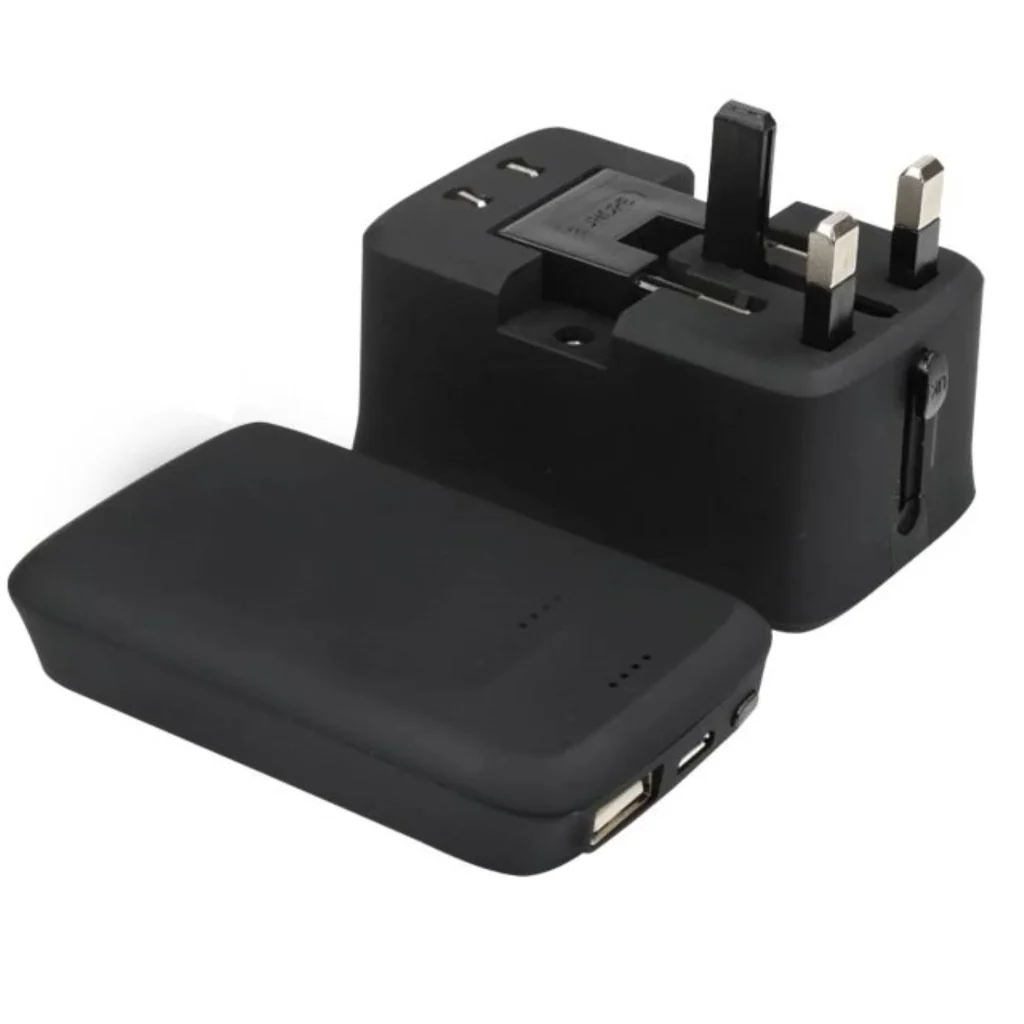
The nature of the safari lodge means that it could be in areas where power is scarce, and it may not be able to charge your devices every time. Having a power bank that you can trust and making sure you bring the right travel adapter will allow you to keep your electronics charged even when you are traveling.
What to bring:
Universal travel adaptor: South Africa and most African countries use either Type D or Type C plugs. Bring along the necessary adapters to charge your devices.
Portable power bank: A high-capacity power bank is essential when charging your phone, camera, or other electronics, especially during inter-drive times or periods where charging stations are unavailable during game drives.
8. Travel Insurance and Important Documents
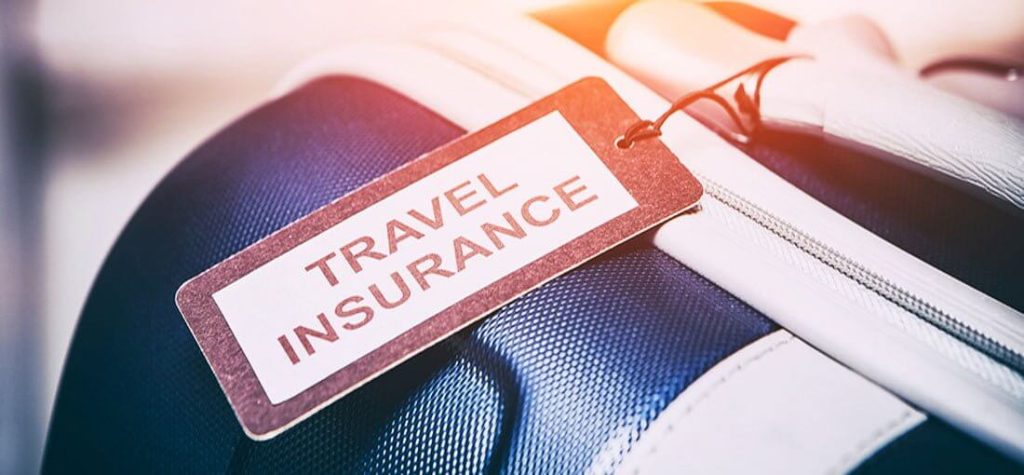
Travel insurance and record keeping of vital documentation are crucial things to do before going on safari. Insurance will give you the confidence that you need and having all your essentials documents easily reachable will ensure that your adventure goes smoothly without any hitches.
What to bring:
Travel insurance: Make sure your travel insurance covers emergency healthcare, trip cancellations, and any safari-related complications. As the saying goes, it is always safer to err on the side of caution when in unfamiliar territory.
Passports, visas and vaccination certificates: Ensure your passport is valid at least six months after your intended return date. Visas may also be necessary based on your country of origin so always clarify these requirements. You should also have certificates of immunization against diseases like yellow fever, as they are compulsory in some countries.
9. Safari Guidebook or Map
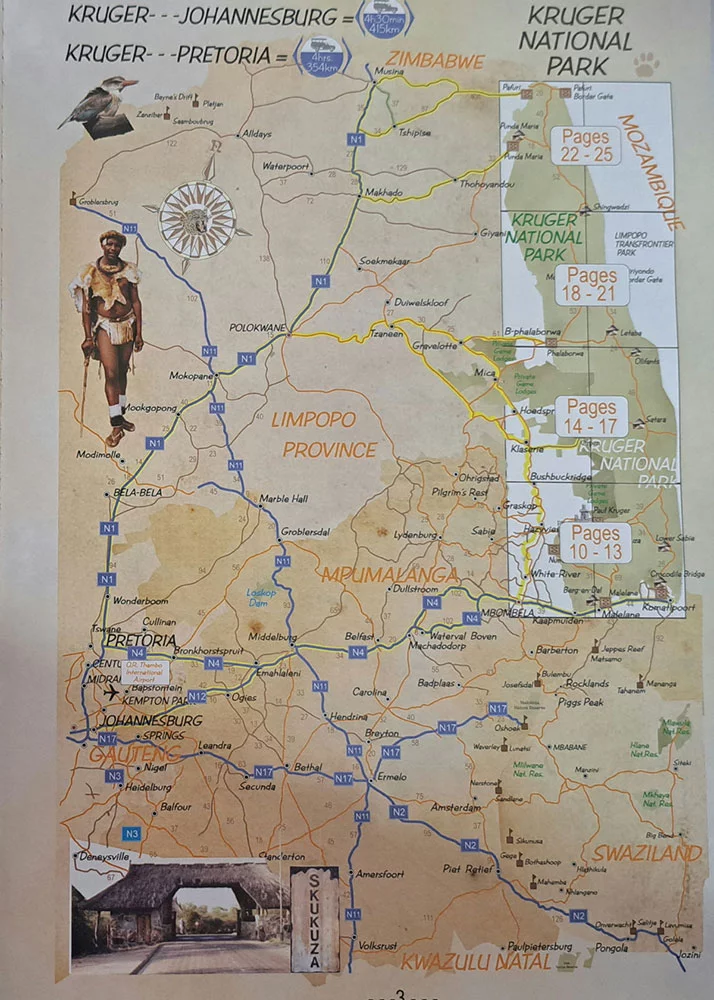
While most safari destinations will have guides available, it’s helpful to carry a safari guidebook or map of the region you’re visiting. Bringing a guidebook will enable you to know more about the animals and the plants you will see as it will make the safari experience more interesting.
What to bring:
Safari guidebook: A guidebook will make it easy to identify animals, birds and plants, and it will give some information about the local culture and history. You will also be able to read about the conservation efforts in the area.
Map: It would be a good idea to carry a detailed map with you in case you are doing a self-drive safari. This will guide you through the park coverage and areas that have the best wildlife viewing.
10. Wet Wipes and Hand Sanitizer

Going on a safari, you might find yourself in a place that lacks washing facilities. Wet wipes and hand sanitizer are essential for keeping your hands clean after meals, using public toilets, or handling anything in the wild.
What to pack:
Wet wipes: Carry a pack of biodegradable wet wipes to wash your hands and face in times of need.
Hand sanitizer: A small bottle of hand sanitizer will come in handy to ensure your hands are clean when soap and water is not available.
Conclusion
It is better to plan and pack ahead of time and have 10 things that you must carry to safari to make the trip more successful and enjoyable. These items include practical clothing and sun gear, camera gear, health gear, and other essentials that will make your safari experience memorable, comfortable, and safe.
Successful packing will allow you to fully appreciate the adventure of wildlife close-ups, of unique ecosystems and landscape, without having to worry about being uncomfortable or struggling to carry unnecessary baggage. Have a great safari and make the most of every moment in the African jungle!


